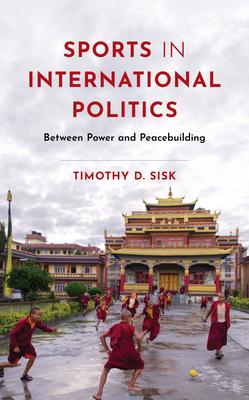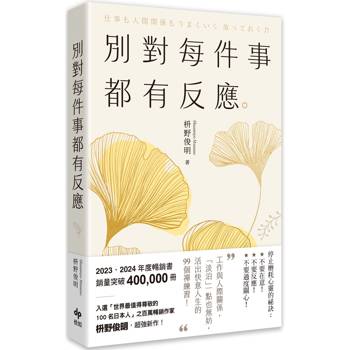Sports have historically been part of a broader quest of regimes for prestige on the world stage, but also to project hegemony and power in an anarchic international system. While such historical trends of politicization of sports continue--witness the nationalism on display at each Olympic Games--today sports are equally seen as a strategic key for advancing human rights, building peace, strengthening social cohesion, and fostering development. International sports reside between a "realist" world of power and profit while simultaneously becoming an instrument of liberal internationalism that sees the advancement of individual values of rights, gender equality, and empowerment of often marginalized groups such as indigenous peoples, traumatized war victims, and those with disabilities.
Sports in International Politics explores the complex linkages among power politics in the international arena, the profit-seeking, often elitist and at-times corrupt world of professional international sports, and the promise for harnessing sports to promote human rights, inclusive development, and sustainable peace in a violent world. Timothy D. Sisk shows that sport’s direct relationship to peace is found in sport- and play-related contributions to humanitarian action, expanding the right to access sport and the rights of athletes of all ages and abilities, and in the well-designed employment of sports in youth-based development and peacebuilding programs and projects. Sport’s contribution to peace is found from the bottom up through sport’s contribution to positive youth development, empathy, and fairness, and through engendering trust and social cohesion at community and national levels.



![如果停不下來,就先學會慢下來:52種簡單易行的正念練習,幫你化解壓力,找回專注力[靜心升級版] 如果停不下來,就先學會慢下來:52種簡單易行的正念練習,幫你化解壓力,找回專注力[靜心升級版]](https://cdn.kingstone.com.tw/book/images/product/20117/2011760340723/2011760340723m.jpg)






